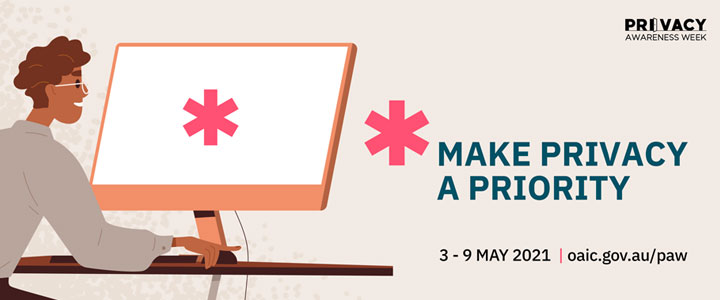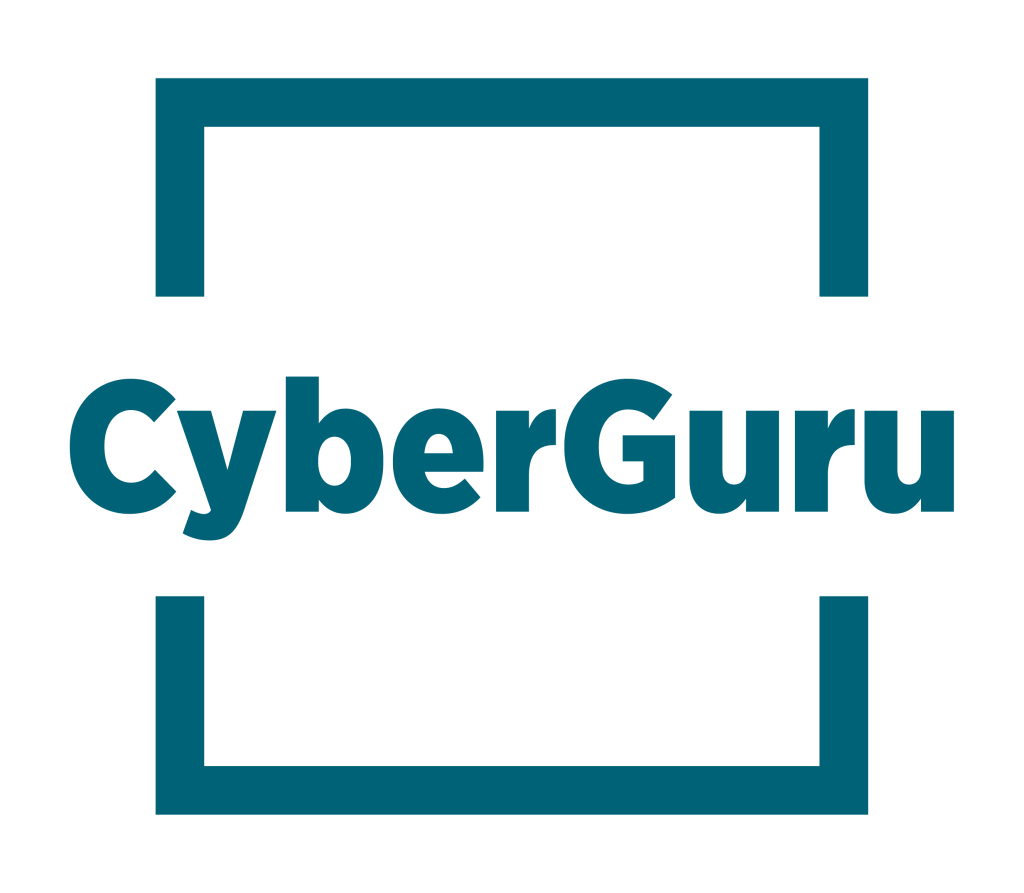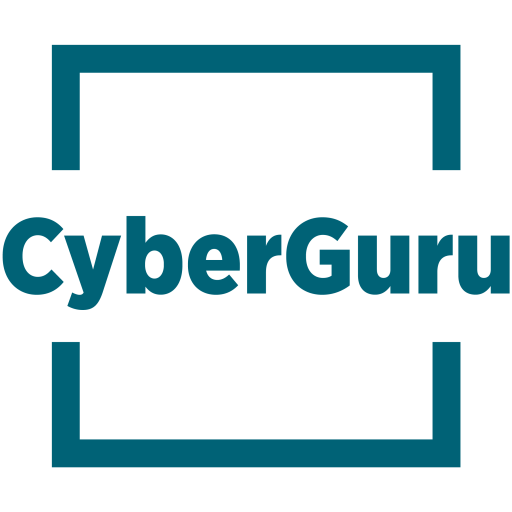
Written by Jessie Jeffery, Business Development Guru, CyberGuru
This might seem like a simple question, but in the context of our online behaviour it is anything but. We utilise many free apps and websites, not realising the simple fact: if we’re not paying for a product, then we are the product. Google, Facebook and others are selling advertisers access to us.
There are currently some really divergent approaches to privacy in the tech world. Facebook is at one end of the spectrum providing free access to its app while gathering as much data about you as they possibly can, even collecting data about your other online activities outside their app. At the other end of the spectrum Apple is introducing new privacy constraints to its products, such as a feature where you have to explicitly give consent to allow Facebook and others to track your online activities. The big difference here is that you pay for the privilege of owning an Apple device.
Then you have organisations like the Signal Foundation, a not-for-profit organisation relying on donations to administer the app, Signal, a more private version of WhatsApp.
Of course people can and do change their mind on where they sit in the privacy spectrum, but it’s important to be consider where you sit and what this means for your online activities. For WhatsApp co-founder Brian Acton, who left WhatsApp after disagreements with Facebook on how to monetise the app, there is a sense of regret. In a 2018 interview he said, “I sold my users’ privacy… and I live with that every day.” He even went as far as donating $50 million to the Signal Foundation, thereby sponsoring a direct competitor to the app he created.
So in the spirit of Privacy Awareness Week, I encourage you to consider:
- Would you mind sharing details about your online activities in exchange for access to free apps where you are the product?
- Would you pay extra for the reassurance of having additional privacy features?
- Would you use a free open source product knowing that the heightened privacy might come at the cost of a diminished user experience?
- What are the implications for how I interact online?
PS The correct answer is the one you feel comfortable with, and that might be a very different answer to your family/friends/colleagues.


